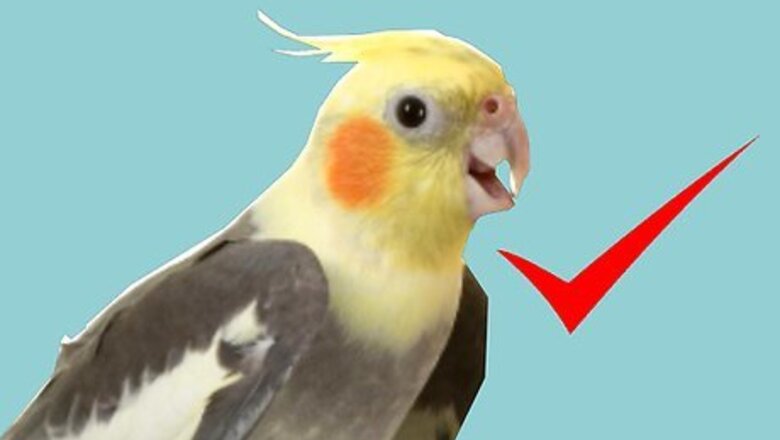
views
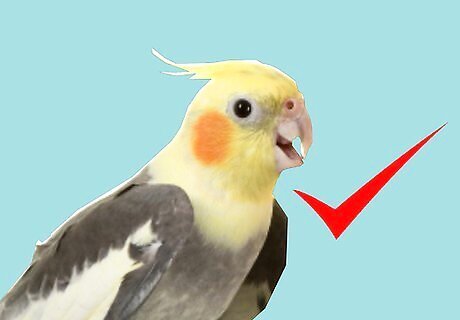
Check their eyes. They should have clear eyes, good plumage, energy, the ability to fly around and grooming.
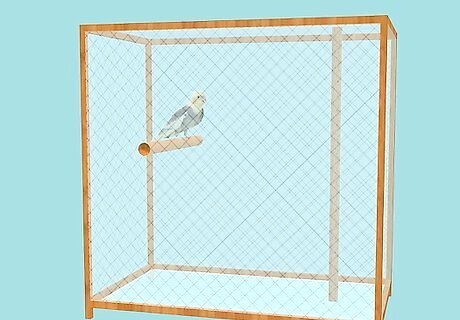
Keep a somewhat large cage. Be sure that the cage is enough so, at the very least, the cockatiel will be able to flap its wings around quickly without hitting any of the bars. This is very important because if it does not fly, it will do this for exercise. It is even better if you have a cage or aviary that the bird can fly about in.
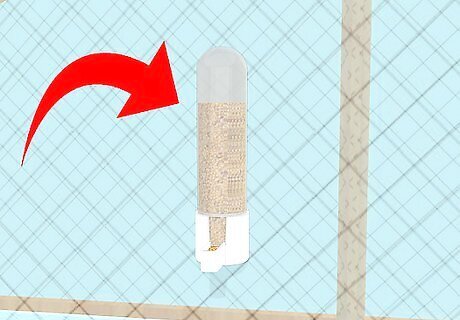
Be sure the food is healthy. Diet should consist of mostly vegetables (chop) and pellets and a limited amount of seeds, fruits, beans, oats, grains, legumes, etc. The more healthy foods you feed, the better. A diet consisting only of seeds is insufficient and will create health problems including fatty liver disease, heart disease, and nutrient deficiencies. Having cuttlebone is good as well. Cuttlebone or edible chalk gives the bird minerals, which are essential for good bones, and are related to a good plumage. Provide the bird with fresh, clean water.
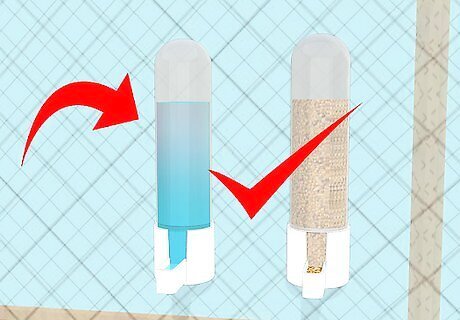
Keep all food and water dishes clean. There should be no cracks, as bacteria can accumulate. Preferably, provide stainless steel food and water dishes as they are less prone to growing bacteria. Never, ever, give your birds table scraps.
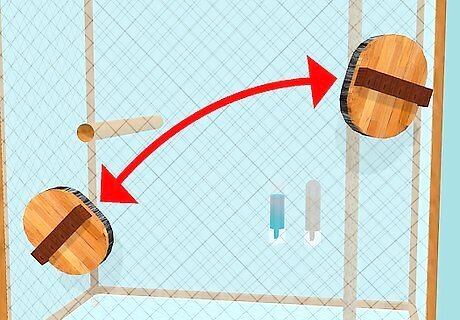
Clean out their cage. Cleaning the cage is a must. Once a week is good enough if you have a large cage. If you have a somewhat smaller cage, you can clean it more often, so the bird's droppings do not accumulate there. Keep it consistent. You should clean the food and water dishes every day. A quick rinse with hot water is good.
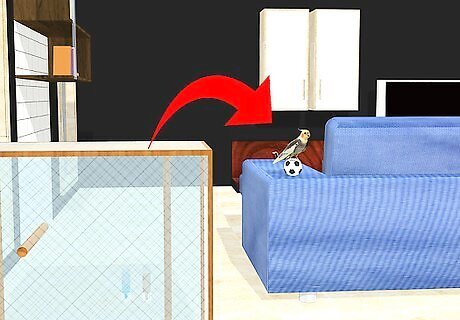
Allow the bird to exercise. Exercise is important, or else the bird will become obese. If the cage is large enough, it will exercise itself. If the cage is smaller, take the bird out and let it fly or walk around the house. Make sure there are no possible hazards. Toys of different sorts (such as bells) are great. However, rubber toys should be avoided, as they can harm the bird if it eats them.
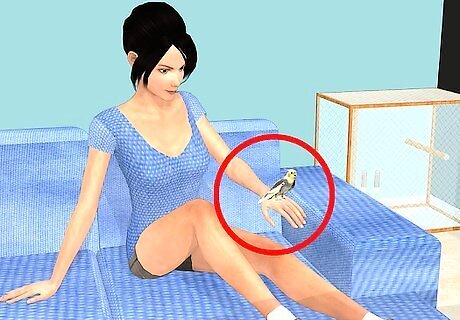
Give the cockatiel lots of love and attention. Tame birds should have at least 2 hours of interaction a day (it does not have to be direct.) For instance, if you have to write a paper or something like that, set the bird down on a perch on the table, and you can write while talking to the bird. If you must be away for extended periods of time, you should buy your bird a pal (such as a Budgie, which is also known as a Parakeet). If your bird is not tame, you should try your hardest to tame it. If this is a burden, remember that a tame bird is very friendly, and does all sorts of tricks.
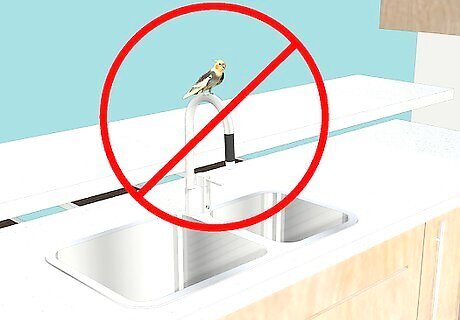
Safeguard your house to keep the cockatiel from getting hurt. This is essential if you let it wander around the house (which you should do). Keep the bird out of the kitchen and bathroom, as this is where most accidents happen. #*Beware of open aquariums and vases. Birds can mistake the water as firm, then land and drown. Pointy things, such as knives, pens or even pencils should be put away while your bird is out. Before you sit, check the chair so you don't accidentally sit on your pet.
















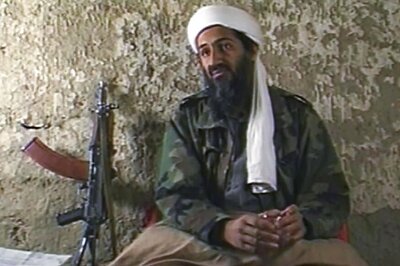



Comments
0 comment